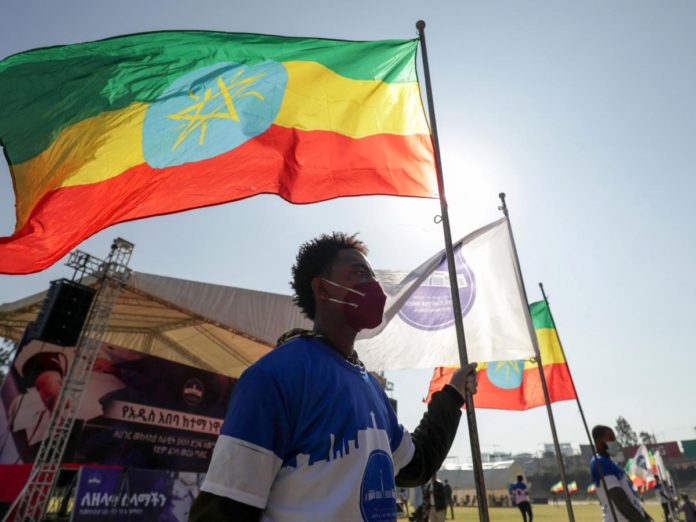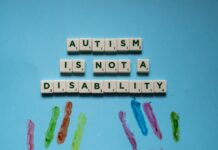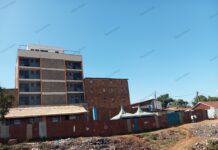By Pauline Kamiri
Naorobi, Kenya: It has been over 100 days since the onset of the conflict that hit the Tigray region of Ethiopia. The conflict did not last as long as it had initially been feared, however, its far-reaching consequences. It left scores dead, injured, displaced and a humanitarian crisis looming in the country and region with Eritrea having a fair share of loss thanks to the conflict.
Access to the region which was previously being hampered by increased violence in the region has been made easier which in turn means reaching people in the four refugee camps is simpler and faster.
However much of rural areas, where 80 percent of the population lived prior to the conflict remain cut off from humanitarian assistance. There are emerging reports from partners such as the Ethiopian Red Cross Society (ERCS) of rising levels of malnutrition amongst children which is already worsening a dire situation of them being traumatized by violent experiences.
Assistance provided in the past weeks remains drastically inadequate to the rapidly rising needs on the ground, with most areas in Central, Eastern, and North Western zones still inaccessible to humanitarian actors.
While the access has increased as opposed to earlier and as of 12 February 2021, 53 international staff were approved to move to Tigray and offer their support towards rebuilding the region. Humanitarian organizations such as the United Nations continue to call for unimpeded access for both humanitarian supplies and personnel to the Region.
While basic services have been gradually restored in the Region, such developments are for the most part limited to Southern, South Eastern Zones, and Mekelle Town. Large parts of Tigray have had no access to telecommunications, electricity, cash, and fuel since early November during the onset of the clashes which hampers efforts to diligently offer humanitarian support.
Many local markets are still reportedly not functioning, exacerbating an already critical situation.
UN Office for the Coordination of Humanitarian Affairs has raised concerns regarding the lack of essential medical supplies which is hampering healthcare workers’ ability to support the population and disrupt critical services such as pregnant women giving birth during this critical time.
The security situation in Tigray remains volatile, with clashes and cases of sporadic fighting being reported in various locations in North-Western, Central, South, South Eastern, and Eastern Tigray, according to aid workers on the ground.
Partners continue to receive reports of grave violations against civilians, including killings and sexual and gender-based violence (SGBV) which is also being reported by the Ethiopian Human Rights Commission. While many cases of SGBV have been documented at health facilities, the actual number is likely to be higher due to both limited services and stigma around reporting.
Popular resistance to the interim administration will be a long-lasting challenge with elections having been pushed to June 2021 due to the outbreak of the COVID-19.
Even with top members of the Tigray People Liberation Front (TPLF) being apprehended and with others still, at large the volatile situation in the Tigray region will continue being restive.
Pauline Kamiri is a journalist based in Nairobi, Kenya.















